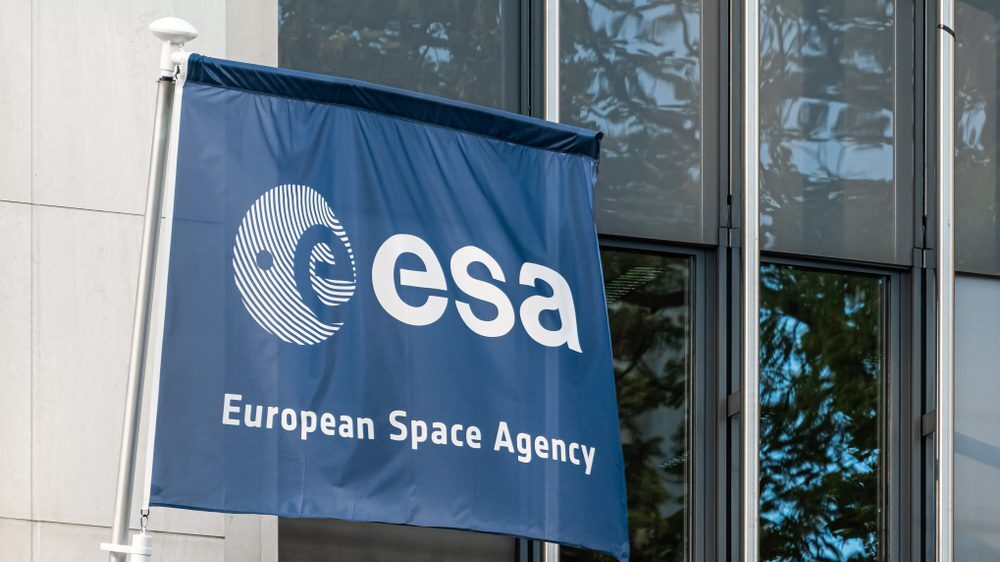
Photo: B. Godart / Shutterstock.com
The final mission of the European Space Agency’s (ESA) Ariane 5 rocket took place on July 5 and brought to a close a 27-year history of delivering payloads into space. However, this historic moment has left Europe without an autonomous plan B for its space programme.
The retirement of the Ariane 5 has made the EU entirely dependent on Elon Musk’s SpaceX to launch navigation satellites, Commission officials confirmed this week, against the background of Brussels’ ongoing spat with the American Twitter owner over content regulation. This development has led some within the ESA to warn that Europe risked becoming a spectator in a potentially new space race.
Consequently, the ESA is currently without a single heavy-lift spacecraft, as it experiences technical difficulties in bringing its successor, Ariane 6, online.
The space agency, which operates primarily out of its spaceport in French Guiana, is tasked with launching strategically vital Galileo navigation satellites into geostationary orbit and has struggled because the war in Ukraine put a stop to the use of Russian Soyuz rockets.
EU governments need the Galileo network in orbit to provide European militaries with alternative communication networks to the United States and China with the quandary illustrative of the EU’s losing battle for strategic autonomy.
Previous collaboration with Russia on the use of Soyuz rockets to get Galileo satellites into orbit was pulled following the invasion of Ukraine. This allowed SpaceX to fill the void. Russian rockets had been the traditional workhorse for getting Galileo satellites into orbit since 2011.
Earlier this month SpaceX’s reusable Falcon 9 helped launch the ESA’s Euclid mission from Cape Canaveral in Florida. The purpose of the operation is to uncover the potential presence of dark matter in the universe. ESA officials confirmed that the agency would continue working with SpaceX well into 2024, at least for asteroid exploration.
Not only for help in outer space is Musk being pursued by European leaders. A number of them, including France’s Macron, are courting the billionaire regarding the construction of new Tesla manufacturing facilities in their countries, as European governments wish to stop the offshoring of green technology to the United States amid a worsening trade war.
While needing Musk’s technology, the EU faces a dilemma as the Commission engages in a running battle with him over the rollout of the EU’s Digital Services Act (DSA) later this month. The EU insists that Twitter comply with the new regulations, which require tech companies to clamp down on alleged hate speech and potentially even pull the plug on itself during times of unrest.
Top Commission official Thierry Breton met with Musk and other Twitter officials in Silicon Valley last month in the hopes of easing Musk’s acceptance of the DSA, which critics say is the EU’s attempt to impose its anti-hate speech practices globally through the regulation of American big tech.
While Breton and other Eurocrats have been cocky in their ability to bring Musk to heel over content regulation, they do so at a time when the EU grows increasingly weak and relies increasingly on the technology offered by Musk and his companies.
